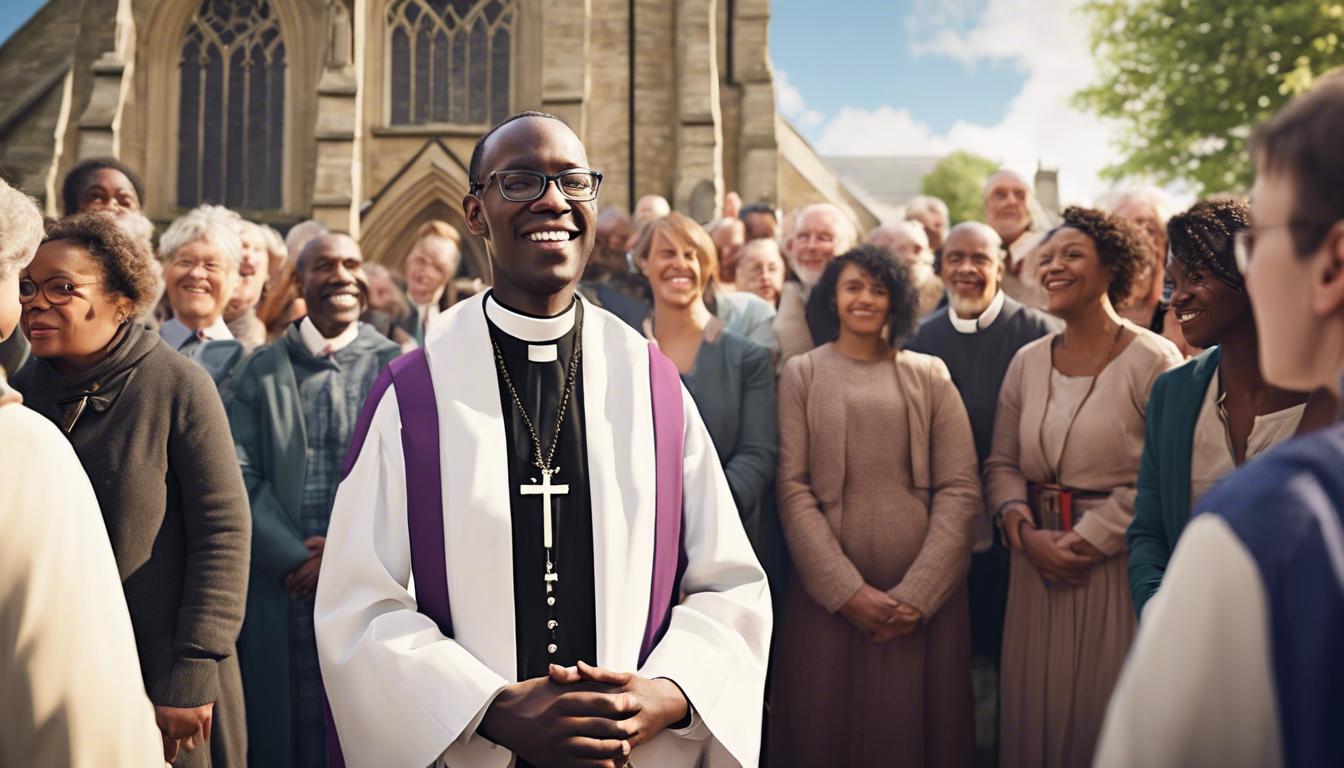A former Church of England vicar, Reverend Matthew Firth, alleges that the baptism process is being exploited by failed asylum seekers to remain in the UK, sparking a debate on the interplay between religion and immigration.
Former Church of England vicar, Reverend Matthew Firth, has come forward with claims that failed asylum seekers are abusing the baptism process as a means to remain in the UK. Serving at St Cuthbert’s in Darlington from 2018 to 2020, Firth reported that groups of failed asylum applicants, particularly young males from Iran and Syria, sought baptism under his ministry. He suggested that the church’s senior leadership ignored this issue for political reasons.
During his testimony to the Home Affairs Select Committee, Firth revealed that these individuals often withdrew their interest in baptism when encouraged to engage more deeply with the church community. Despite the pressure to baptize large numbers of asylum seekers, Firth maintained a rigorous vetting process, which significantly reduced the number of baptisms among this group.
Firth’s observations have sparked debate, particularly in relation to the case of asylum seeker Abdul Ezedi, who, after converting to Christianity and gaining support from a Baptist church, successfully appealed his asylum refusal. The implications of Firth’s testimony extend to the broader conversation about the role of the Church in the asylum process and the potential for exploitation of religious conversion as a means to secure asylum.
Supporting Firth’s claims, Lee Anderson, a Reform UK MP, criticized the absence of the Archbishop of Canterbury, Justin Welby, at the committee hearing and praised Firth for his courage in speaking out. Firth called for a more neutral approach in guiding asylum seekers within the Church, proposing that genuine interest in baptism could be verified through evidence of practicing Christianity in an individual’s home country or through immediate baptism requests upon arrival in the UK due to safety concerns.
The controversy highlights ongoing challenges in determining the sincerity of asylum seekers’ conversions and the need for balanced procedures that safeguard the integrity of both the asylum system and religious practices.













